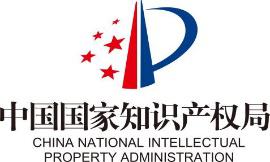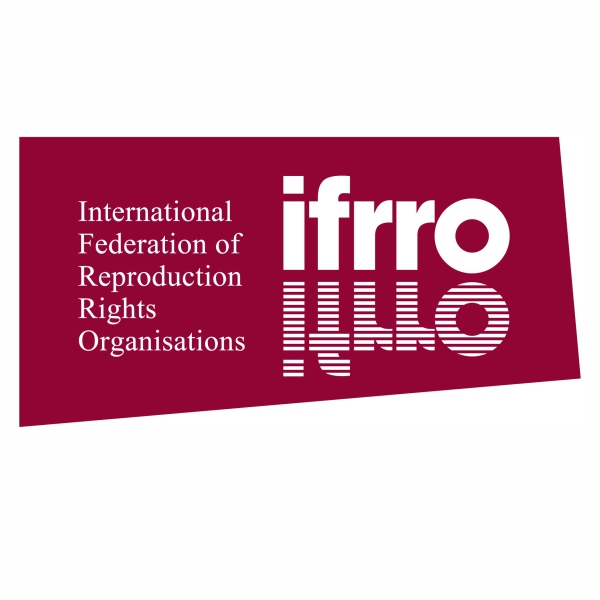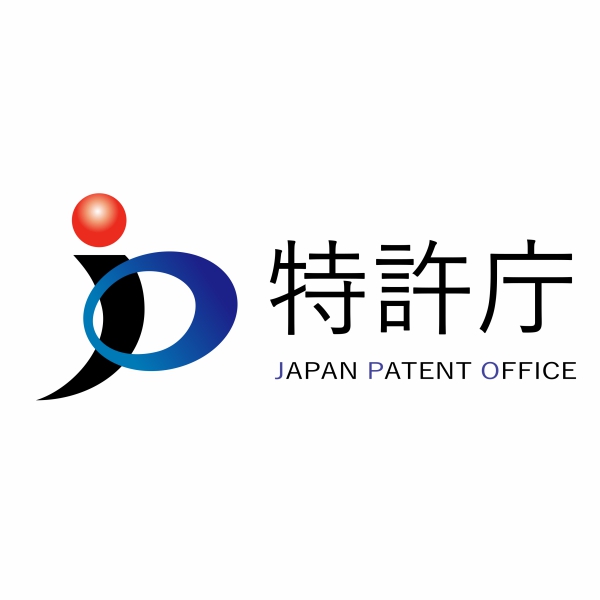Our History
The history of ARIPO goes back to the early seventies when a Regional Seminar on patents and
copyright for English – speaking African countries was held in Nairobi. That seminar recommended
that a regional industrial property organization be set up. In 1973 the United Nations Economic
Commission for Africa (UNECA) and the World Intellectual Property Organization (WIPO) responded
to a request by these English-speaking countries for assistance in pooling their resources
together in industrial property matters by establishing a regional organization.
Following a number of meetings at ECA headquarters in Addis Ababa and WIPO in Geneva, a draft Agreement on the Creation of the Industrial Property Organization for English-speaking Africa (ESARIPO) was prepared. This agreement, now known as the Lusaka Agreement, was adopted by a Diplomatic Conference held in Lusaka, Zambia on December 9, 1976.
Reasons for establishing ARIPO
ARIPO was mainly established to pool the resources of its member countries in intellectual property matters together in order to avoid duplication of financial and human resources. Thus the preamble to the Lusaka Agreement clearly states that member states are “aware of the advantage to be derived by them from the effective and continuous exchange of information and harmonization and co-ordination of their laws and activities in intellectual property matters”.
Member states also recognized that the “creation of an African regional industrial property organization for the study and promotion of and co-operation in intellectual property matters would best serve” that purpose.
Objectives of ARIPO
In determining its objectives, the founding fathers of the organization took into account the fact that, at that time, the majority of the countries concerned had “dependent industrial property legislations” which did not provide for original grant or registration in the countries concerned but could only extend to their territories the effects of industrial property rights obtained in a foreign country (in most cases the United Kingdom). Such effects were normally governed by law of the foreign country. The objectives of the Organization, as enshrined in Article III of the Lusaka Agreement, show that, cooperation in industrial property is intended to achieve technological advancement for economic and industrial development of the member states. This cooperation is reflected in the objectives of the Organization which are:
- To promote the harmonization and development of the industrial property laws, and matters related thereto, appropriate to the needs of its members and of the region as a whole;
- To foster the establishment of a close relationship between its members in matters relating to industrial property;
- To establish such common services or organs as may be necessary or desirable for the co-ordination, harmonization and development of the industrial property activities affecting its members;
- To establish schemes for the training of staff in the administration of industrial property law;
- organize conferences, seminars and other meetings on industrial property matters;
- To promote the exchange of ideas and experience, research and studies relating to industrial property matters;
- To promote and evolve a common view and approach of its members on industrial property matters;
- To assist its members, as appropriate, in the acquisition and development of technology relating to industrial property matters;
- To do all such other things as may be desirable for the achievement of these objectives.
It is clear from the above objectives that the common thread running through them is the idea of cooperation. The concept of cooperation plays an important role in the functions of the Organization.














